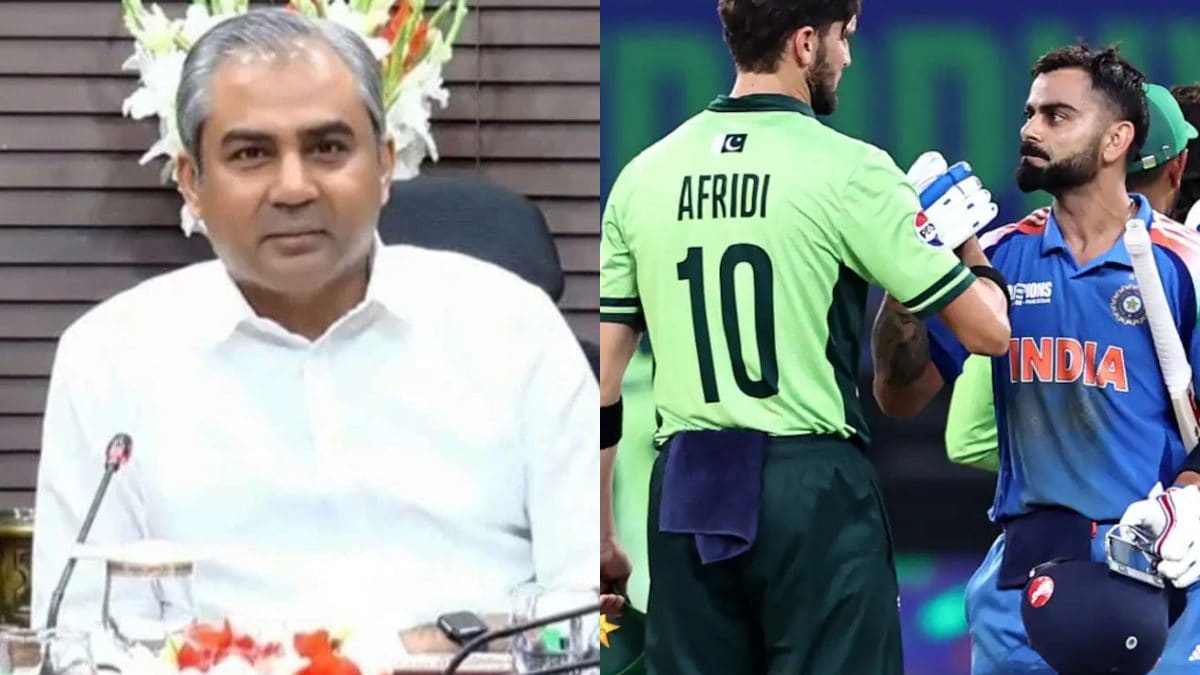

Tensions are escalating between the Board of Control for Cricket in India (BCCI) and the Pakistan Cricket Board (PCB), with Mohsin Naqvi, the PCB chairman and head of the Asian Cricket Council (ACC), being accused of pressuring the BCCI regarding the upcoming Asia Cup. The conflict centers around the venue for the ACC's Annual General Meeting (AGM), scheduled for July 24.
The BCCI is reportedly refusing to attend the AGM if it is held in Dhaka, Bangladesh, citing strained political relations between India and Bangladesh and "worsening on-ground conditions". A source stated that Naqvi is attempting to exert "unnecessary pressure" on India to attend the meeting in Dhaka. The BCCI has requested a change of venue but has not received a response. "Asia Cup can happen only if the meeting venue changes from Dhaka," the source said. "ACC chairman Mohsin Naqvi is trying to assert unnecessary pressure on India for the meeting. We requested him to change the venue, but have received no response. BCCI will boycott any resolution if Mohsin Naqvi goes ahead with the meeting in Dhaka".
Adding to the complexity, Naqvi holds dual roles as PCB chairman and Pakistan's interior minister, further complicating the political undertones surrounding the Asia Cup. The BCCI's firm stance is supported by the cricket boards of Sri Lanka, Afghanistan, and Oman, who also have reservations about holding the meeting in Dhaka and may also boycott the meeting.
The BCCI's potential boycott raises concerns about the validity of any decisions made at the Dhaka meeting, as the ACC's constitution stipulates that key member boards must participate. This situation has led to a deadlock regarding the hosting and scheduling of the Asia Cup, which is tentatively planned for September. The tournament is slated to be played in the T20 format.
Amid the uncertainty, the 2025 edition of the Asia Cup is slated to be held in the United Arab Emirates. Cities such as Dubai and Abu Dhabi are often preferred as neutral venues due to their close proximity and logistical advantages.
The strained relationship between India and Pakistan has a history of impacting cricket events. India refused to travel to Pakistan for the 2023 Asia Cup, resulting in Sri Lanka being chosen as a neutral venue for India's matches. Similarly, India played its matches at a neutral venue in Dubai during the 2025 Champions Trophy.
Despite the tensions, India's Sports Minister Mansukh Mandaviya has clarified that India is open to playing Pakistan in multilateral sporting events, including the Asia Cup. However, this statement is contrasted by the BCCI's reluctance to attend the ACC meeting in Dhaka, highlighting the complexities of the situation.
The Asia Cup is significant not only for its prestige but also as a preparation for the T20 World Cup in February and March. Any decision taken at the ACC meeting without the participation of India and other key boards would be considered invalid, potentially jeopardizing the entire tournament.
As the July 24th meeting approaches, the future of the Asia Cup remains uncertain. Whether a compromise can be reached regarding the meeting venue, and whether Naqvi will reconsider his stance, remains to be seen. The outcome will determine whether the Asia Cup 2025 proceeds as planned or faces cancellation.